
After eight months, four lawmakers who represent Guanacaste agreed on four bills in congress. One of them is a pro-life bill, another one raises taxes on Papagayo, a bill that gives miners a grace period to adapt to new laws and a bill that redistributes the tobacco tax.
After voting for the water for Guanacaste bill and participating in debates on public finance bills (among others), Guanacaste’s legislators didn’t work on problems that have historically affected the province like poverty, unemployment, water shortages or health. Some, though, did present bills of their own.
That’s what a review of all the bills Guanacaste’s lawmakers signed found. They are listed on Congress’s website.
The block is made up of Luis Antonio Aiza and Aida María Montiel from the National Liberation Party (PLN), Mileyde Alvarado of the National Restoration Party (PRN), and Rodolfo Peña of the Social Christian Unity Party (PUSC).
When lawmakers from a province work together, they are able to push for bills among their own parties and their common interests.
All for the Miners
Let’s start with the only proposal that came from the four legislators, which is giving miners more time than what was provided to them by the government to adapt their methods to the current mining code.
Currently, miners in Abangares use cyanide and mercury to extract metal. Both are damaging for the environment. But lawmakers didn’t say when they will debate the bill in plenary ahead of its approval.
The impact in the province will be mainly in this canton. According to the Ministry of Energy and Environment, 10 percent of the population in Abangares works in gold mining.
The Guanacaste legislators have other bills on environmental issues, but they are individual and weren’t drafted as a block. For example, Montiel says he is focused on developing geothermal energy in national parks.
This isn’t the first time that generating energy in protected areas has been discussed. Many academics and environmentalists have been against this for decades.
“I’m waiting for a response from the office of the inspector general to a consultation we filed,” she said. “If I get it, it would be a bombshell.”

Mileyde Alvarado, Rodolfo Peña, Aida María Montiel and Luis Antonio Aiza conform the legislators block for the province.
Another environmental priority for the province is recognizing the right of residents who have lived in the maritime zone for more than 10 years to keep living there. For now, they have a three year extension so that they aren’t evicted from their homes. Mileyde Alvarado is the only one who appears to have a bill that seeks to legitimize these rights.
Congressmen have been debating since 2009 about the rights of people who live in the maritime zone.
They also haven’t attended to the province’s historic need of new water law. Under the current law, it’s costs more for the government to charge a fine when it finds illegal wells than the amount of the fine. But, they celebrate what they considered their greatest success; the approval of the law that paves the way for the project for supplying water to the Rio Tempisque river basin and coastal communities (Paacume).
We didn’t mess around with Paacume. It was the biggest thing we did,” said Aida María Montiel of PLN.
Pro-life Legislators
Another bill that Guanacaste’s lawmakers support, though it isn’t entirely their bill, is a changing article 21 of the constitution, which says “human life is inviolable,” to “human life is inviolable from the moment of fertilization.”
The bill comes at a time when President Carlos Alvarado has held off on signing a regulation that would allow interrupting pregnancy for therapeutic reasons such as when the mother’s life or health is at risk. The bill has support from 37 other legislators.
I will always defend life. Everyone has a right to be born,” said Mileyde Alvarado of National Restoration.
Alvarado says that health is her greatest concern as a legislator and that she would like to make her greatest contribution to the province in that sense. Therefore, she says, she is focused on adding a dialysis wing at the public hospital in Liberia where patients can also receive chemotherapy.
Reforms for Papagayo and Tobacco
A proposal by Rodolfo Peña from PUSC also received support from the other three lawmakers. The bill seeks to reform the law that regulates the Papagayo tourism development and it has support from 37 members of congress. .
It wasn’t introduced as bipartisan, but Aiza from the PLN says that they view it as a joint bill.
“In Papagayo, those who benefit the least are Guanacastecans,” Peña said in October 2018. “The licensees of the development don’t pay for the right to use land in the Maritime Zone like the rest of the country. They don’t pay what they should.”
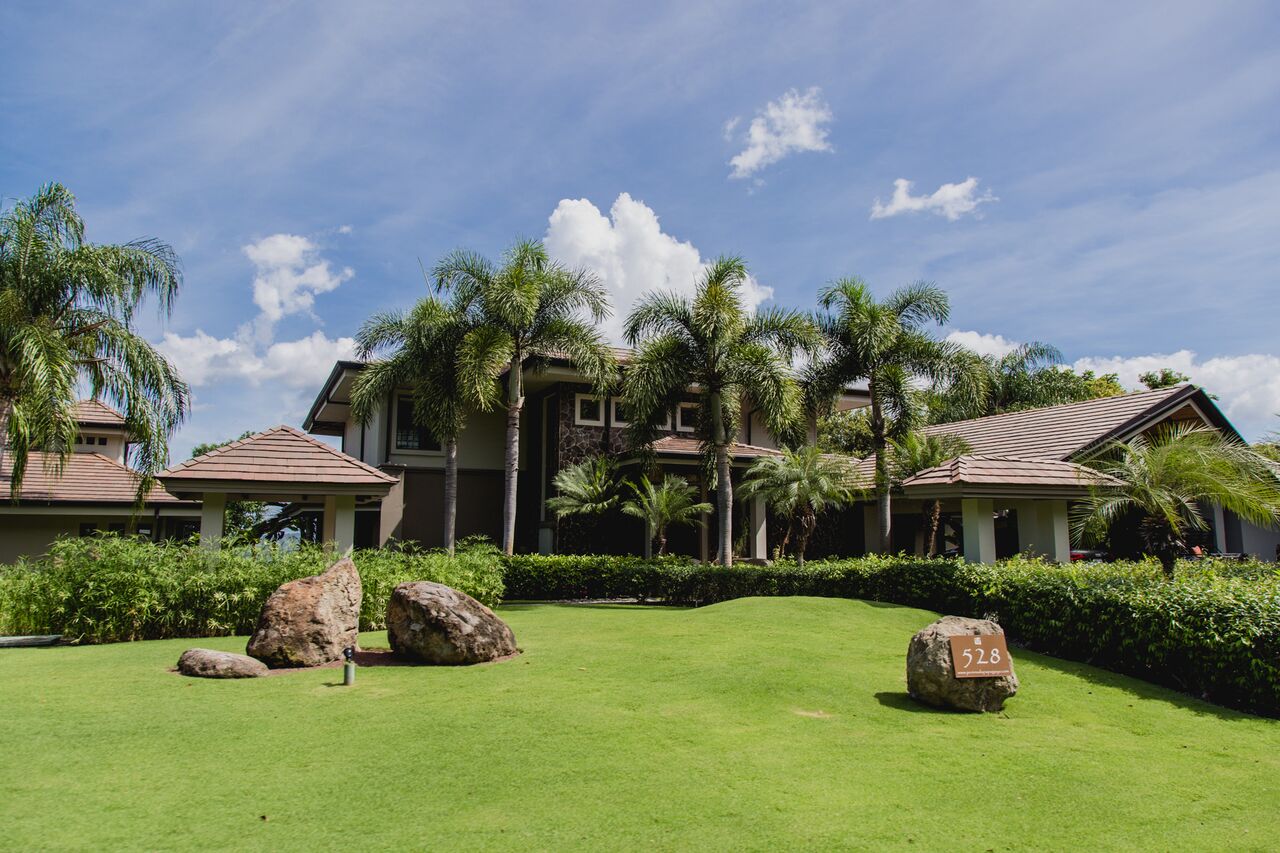
Bill No. 21.050 could increase municipal revenues by the Papagayo´s canon.Photo: César Arroyo
The other bill that has the signature from four congressmen, and was proposed by Aiza, is the bill that seeks to reform the General Tobacco Law (N°9028).
According to the PLN lawmaker, the idea is to provide more resources to the Costa Rican Recreation and Sports Institute (ICODER) by changing the destination of the current cigarette tax. According to him, the bill is especially focused on the three coastal provinces. But the draft of the bill doesn’t provide details on a specific destination for these provinces.
Study by the Broad Front Party claims that the towns of Carrillo and Liberia missed out on more than $1.05 million in revenue in 2011
Companies claim that the large, long-term investments they have made and the real estate crisis in 2008 prevents them from having enough profits to pay taxes.
Problems Without Proposals
What about job creation and poverty reduction? Data from the National Census and Statistics Institute through October 2018 show that 26 percent of homes in Guanacaste are impoverished versus 21 percent nationally.
Of the projects analyzed as a block, none of them have a strict focus on dynamizing the local economy.
Ideas to confront other needs, like broadening access to higher education and expanding the number of majors, have support. One example is Aiza’s plan for the Costa Rican Technology Institute to have a presence in Guanacaste through its first educational headquarters. “We are negotiating with the TEC. We already sent them the bill.”
Improving roads is another complaint common among Guanacastecans, but there are no bills proposed by the lawmakers (neither jointly nor individually) to fix the problem.
The lawmakers assure that they are united and can work together on these issues. “Our relationship as a block has been excellent. We have done well,” says Montiel from PLN. “If we aren’t all in agreement it’s like speaking in different languages. We have all helped each other and I think that it will continue that way.”


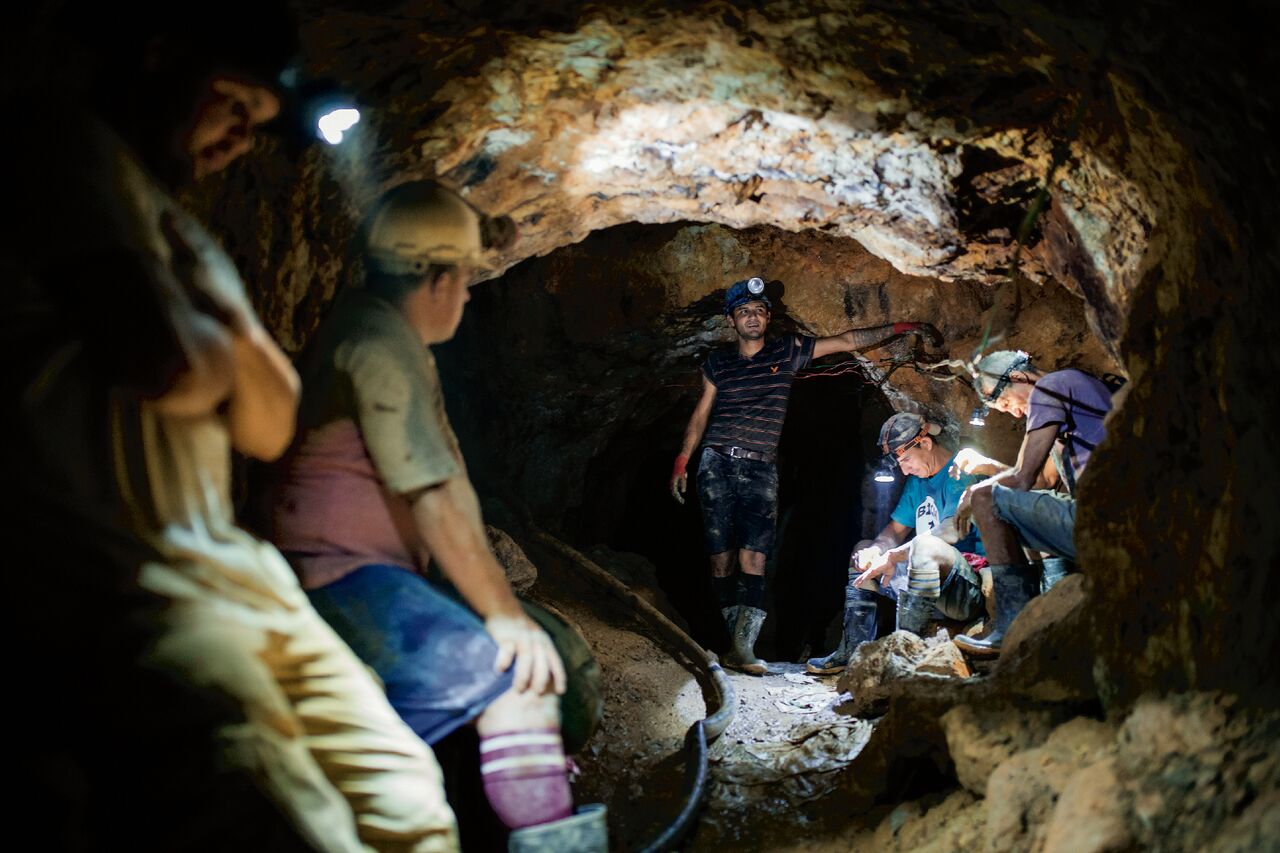
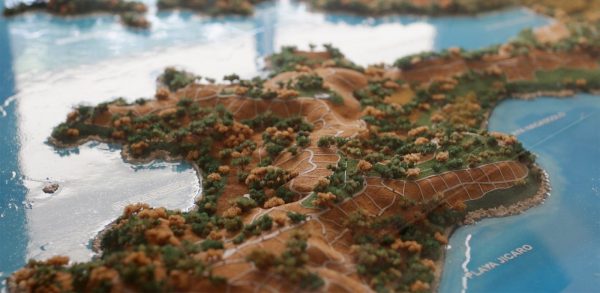
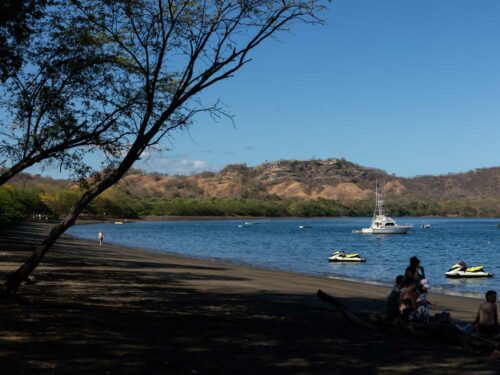
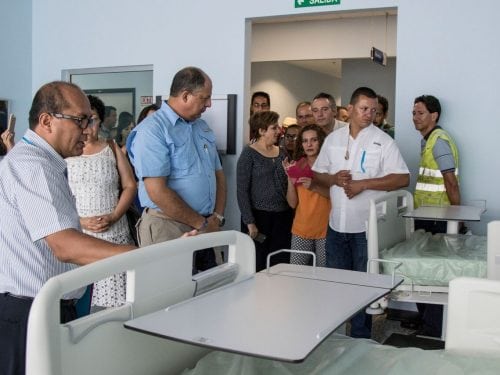

Comments